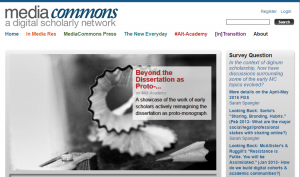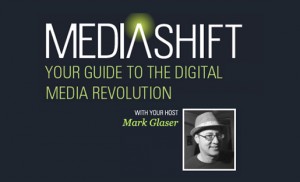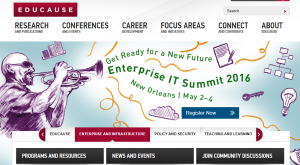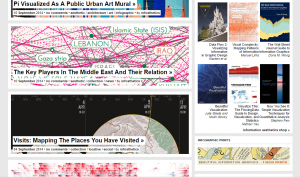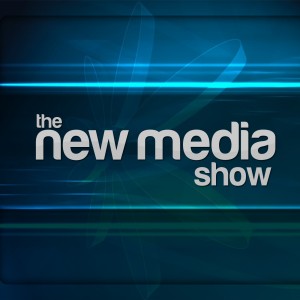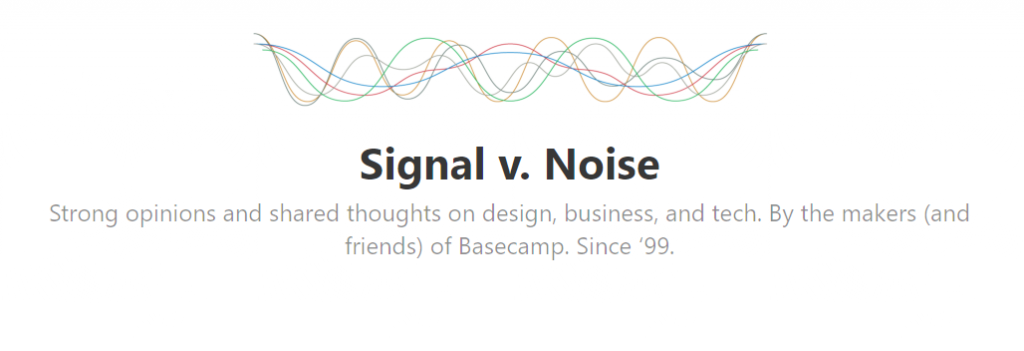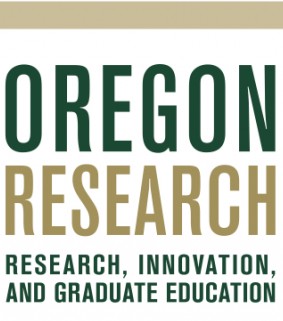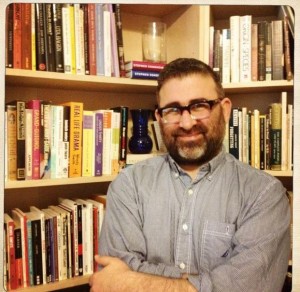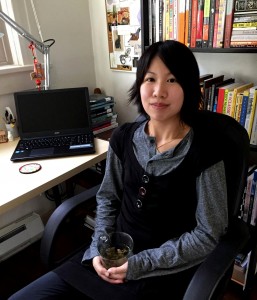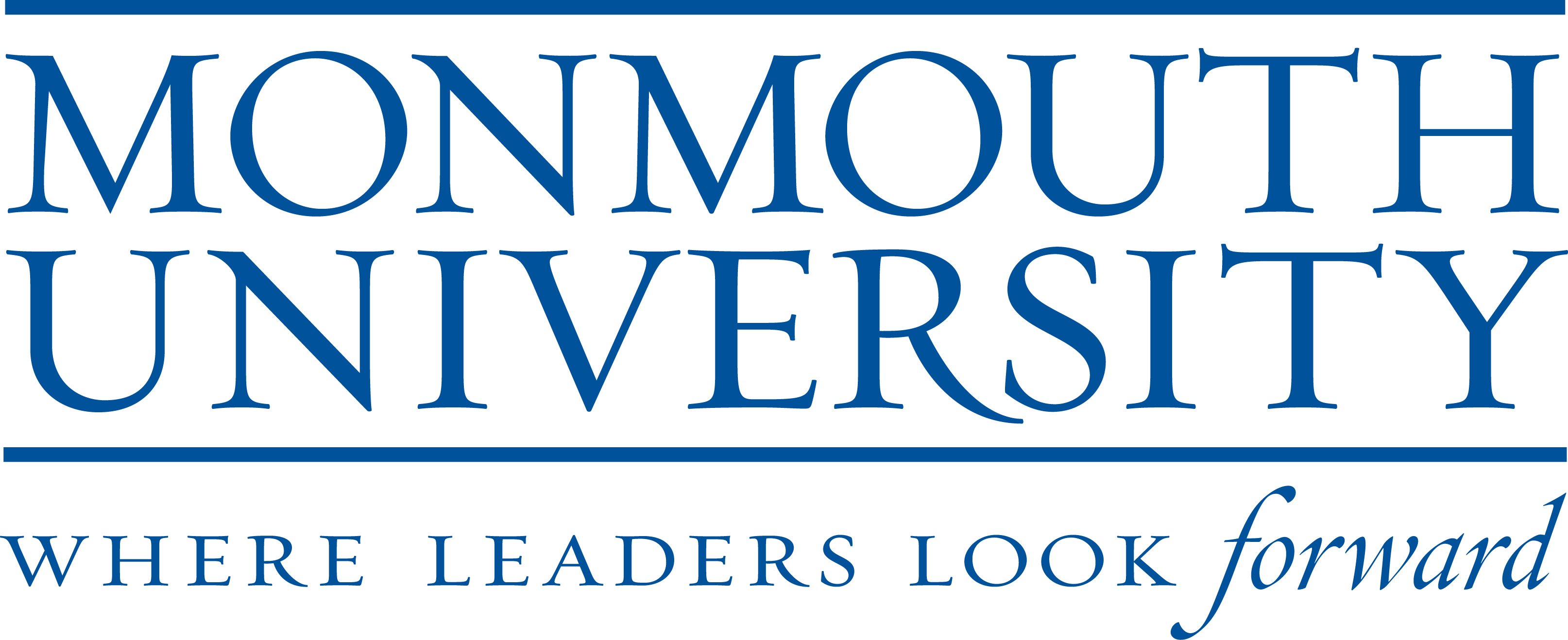 “While traditional modes of scholarly publications continue to be privileged, 21st century scholarship is being shaped by digital platforms: journals distributed as electronic documents; social networks for sharing academic and professional resources; and peer review processes managed on open journal platforms. However, surveying the field of art education, there are few venues advancing scholarly practices that live and thrive as multimodal digital manifestations. Despite efforts to use digital spaces for research, digital scholarship and online publication in art education are translations of older journal models; skeumorphs of print publications. How might scholarly activity “born digital” augment current practices of research in art education expanding opportunities in knowledge creation?
“While traditional modes of scholarly publications continue to be privileged, 21st century scholarship is being shaped by digital platforms: journals distributed as electronic documents; social networks for sharing academic and professional resources; and peer review processes managed on open journal platforms. However, surveying the field of art education, there are few venues advancing scholarly practices that live and thrive as multimodal digital manifestations. Despite efforts to use digital spaces for research, digital scholarship and online publication in art education are translations of older journal models; skeumorphs of print publications. How might scholarly activity “born digital” augment current practices of research in art education expanding opportunities in knowledge creation?
“Born digital” scholarship has its exemplars: Kairos (online since 1995) is a peer-reviewed Rhetoric and Composition journal, encouraging scholarship that is interactive, networked, and utilizing multimedia. Other examples including Vectors, American Institute of Graphic Art’s Loop, the Institute for the Future of the Book, and the publishing platform Scalar, recently used for an issue of The Art Bulletin and the book Flows of Reading (2013). Voke and Visual Culture & Gender are art education journals presenting multimodal research using a digital publishing platform. Building on the innovative spirit showcased with VAR’s graphic novel issue (2012), this call for papers asks scholars to question, investigate, and expand the conversation about art education scholarship that is born digital.
We ask contributors to speculate on how art education publications can present burgeoning research presented in real-time rather than with lead-time, using hyperlinks rather than references, remixing rather than paraphrasing, and exploring time-based scholarship and timely scholarship. Submissions are encouraged to explore hypertext, video, audio, location-based, interactive, data-driven, and real-time media, instead of only being text and static images. Potential authors may also consider how born digital scholarship may impact accessibility, utilize crowdsourcing capabilities, and engage with big data resources.
Possible questions for exploration:
- How might the digital materiality of data effect art education research trajectories?
- How can the scale and scope of digital data impact concepts of study participants and/or sites of research?
- How is visual pedagogy performed/revealed through the use of hypertext, video, audio, and other forms of digital communication technologies?
- What innovations in methodology are particular to art education research and migration to digital data?
- How are methodologies of creative code and new media in contemporary art inspiring new inquiries in art education research?
- How can disciplines such as software studies, computational studies, digital humanities, influence art education research?
- How does the “digital divide” play a role in shaping born digital art education scholarship?
- How may open or proprietary data systems impact scholarship born digital in art education?
For this special issue of VAR, we invite submissions that explore and expand the intersections of emerging technological and methodological boundaries in art and art education. Submissions should take one of two formats: either 1) a short manuscript of 1,500 words with a digital submission (e.g. video, audio, multimedia); and 2) a 4,500 word manuscript including references in APA format. In the long format we encourage embedding multimedia citations (e.g. video, audio, hyperlinks) within the submission to provide readers immediate access to the cited examples.
Authors should send two documents: 1) a title page; and 2) the manuscript. Short format manuscripts should embed hyperlinks to the digital submission. All submissions will be subjected to a masked review which requires author names and citations be removed from the manuscript and digital submissions. Include the names and contact information for all authors on the separate title page document. Please send title page and manuscript with embedded links to Aaron Knochel and Ryan Patton at VARborndigital@gmail.com no later than July 15, 2016. Authors will be informed of acceptance/non-acceptance via email in November 2016. Please email questions regarding your submissions to Aaron Knochel and Ryan Patton at VARborndigital@gmail.com.
Interactive, webtext, and/or multimedia digital work guidelines:
Files types (E.g. images, audio, video, multimedia, 3D models, interactive timelines)
- Webtext submissions should check for cross-browser compatibility before submitting.
- Your project must be archivable (that is, stored on the University of Illinois Press server). Generally speaking, it is vital that VAR be able to sustain and publish your work and not have gaps when a webhost goes offline, out of business, or is not open-source. In other words, do not use external systems like Wix that do not provide a way to export and publish your work elsewhere.
- XHTML or HTML 5 web markup is preferred. Web markup that validates to the HTML 4.01 Strict DOCTYPE will also be accepted. Multimedia and/or interactive submissions should be copyright free and/or open source. Please contact the editors Aaron Knochel and Ryan Patton at VARborndigital@gmail.com if you have questions about the technical specifications.”

 Shehram Mokhtar: PhD Candidate, Media Studies
Shehram Mokhtar: PhD Candidate, Media Studies Andrew McLaughlin: PhD Candidate, Media Studies
Andrew McLaughlin: PhD Candidate, Media Studies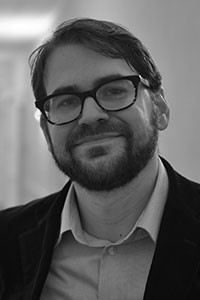 Jason Lester: PhD Candidate, Comparative Literature
Jason Lester: PhD Candidate, Comparative Literature



